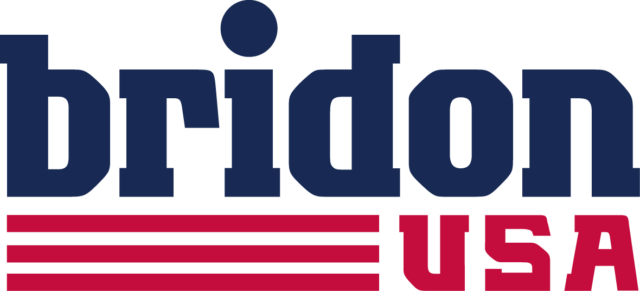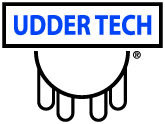What you might not have realized is: There are a number of provisions included within the bill that will significantly impact the cattle industry.
CERCLA air emissions reporting
For months, the animal agriculture industry has been concerned about the impending requirement ag operations report air emissions of hydrogen sulfide and ammonia from animal waste. The Comprehensive Environmental Response, Compensation and Liability Act, known as CERCLA or Superfund, was intended to require reports of emissions of hazardous substances over a certain threshold.
Although the EPA promulgated an exemption from reporting for agricultural operations in 2008, a federal court decision in 2017 invalidated that exemption. Thus, the clock was ticking, and it was expected producers would be required to report emissions of hydrogen sulfide and ammonia from manure as of May 1, 2018.
However, in Title XI of the spending bill, Congress passed the Fair Agricultural Reporting Method (“FARM”) Act. This provision states the reporting requirements of CERCLA do not apply to the application, handling or storage of a Federal Insecticide, Fungicide and Rodenticide Act-approved pesticide by an agricultural producer or to air emissions from animal waste at a farm.
A “farm” is defined as a site or area (including structures) used for the production of a crop or the raising or selling of animals and produces at least $1,000 in agricultural products per year. This is an important development for agriculture and should alleviate concern among cattle producers over how to properly manage and report air emissions.
Electronic logging device enforcement delay for livestock and insect haulers
Earlier this year, the Federal Motor Carrier Safety Administration passed regulations requiring electronic logging devices be placed on commercial motor vehicles in the U.S. unless certain exemptions were met.
This was met with a good deal of concern from the livestock industry, who pointed to safety concerns for livestock if haulers were forced to stop traveling so as not to violate their allowable hours, thereby stranding animals in trucks or trailers for hours.
The spending bill includes language in Division L, Section 132 prohibiting funding being used by the Department of Transportation for enforcing the Federal Motor Carrier Safety Administration regulations related to hours of service and electronic logging devices for livestock and insect haulers through Sept. 30, 2018.
“Livestock” in this context is defined as “cattle, elk, reindeer, bison, horses, deer, sheep, goats, swine, poultry (including egg-producing poultry), fish used for food and other animals designated by the secretary that are part of a foundation herd or offspring or are purchased as part of a normal operation.”
Between now and Sept. 30, 2018, the agency is set to further review the new regulations and offer additional guidance on how this applies to the livestock industry.
Meanwhile, separate from the spending bill, a second 90-day waiver is in place, not just for livestock but for all agricultural haulers, through June 18, 2018.
Although many agricultural haulers driving pickups and trailers will likely fall under an exemption and not be required to install an electronic logging device on their vehicle even after the waiver and funding prohibition expire, this is an important issue, and all people transporting livestock should take the time to understand the rules and analyze whether they may be required to comply with the electronic logging device requirement.
Elimination of System for Award Management/Data Universal Numbering System requirements
The spending bill includes language that exempts farmers and ranchers from the System for Award Management and Data Universal Numbering System reporting requirements when enrolling in conservation programs with the USDA. Prior to this bill, farmers and ranchers were required to obtain a System for Award Management registration and a Data Universal Numbering System number before they could apply.
By doing away with this requirement, Agriculture Secretary Sonny Perdue said the spending bill “clears away red tape for participants on conservation programs” which were not intended for farmers and ranchers but instead for “billion-dollar government contractors.”
The Consolidated Appropriations Act, 2018, addressed a number of issues related to agriculture and the beef cattle industry in particular. By alleviating the requirement for air emissions reporting, delaying enforcement of the electronic logging device mandate on livestock haulers, and doing away with the System for Award Management/Data Universal Numbering System requirements when enrolling on conservation programs, the bill will hopefully relieve some of the regulatory burden on ranchers across the U.S. ![]()
ILLUSTRATION: Illustration by Corey Lewis.

-
Tiffany Dowell Lashmet
- Assistant Professor and Extension Specialist – Agricultural Law
- Texas A&M AgriLife - Extension Service
- Email Tiffany Dowell Lashmet











